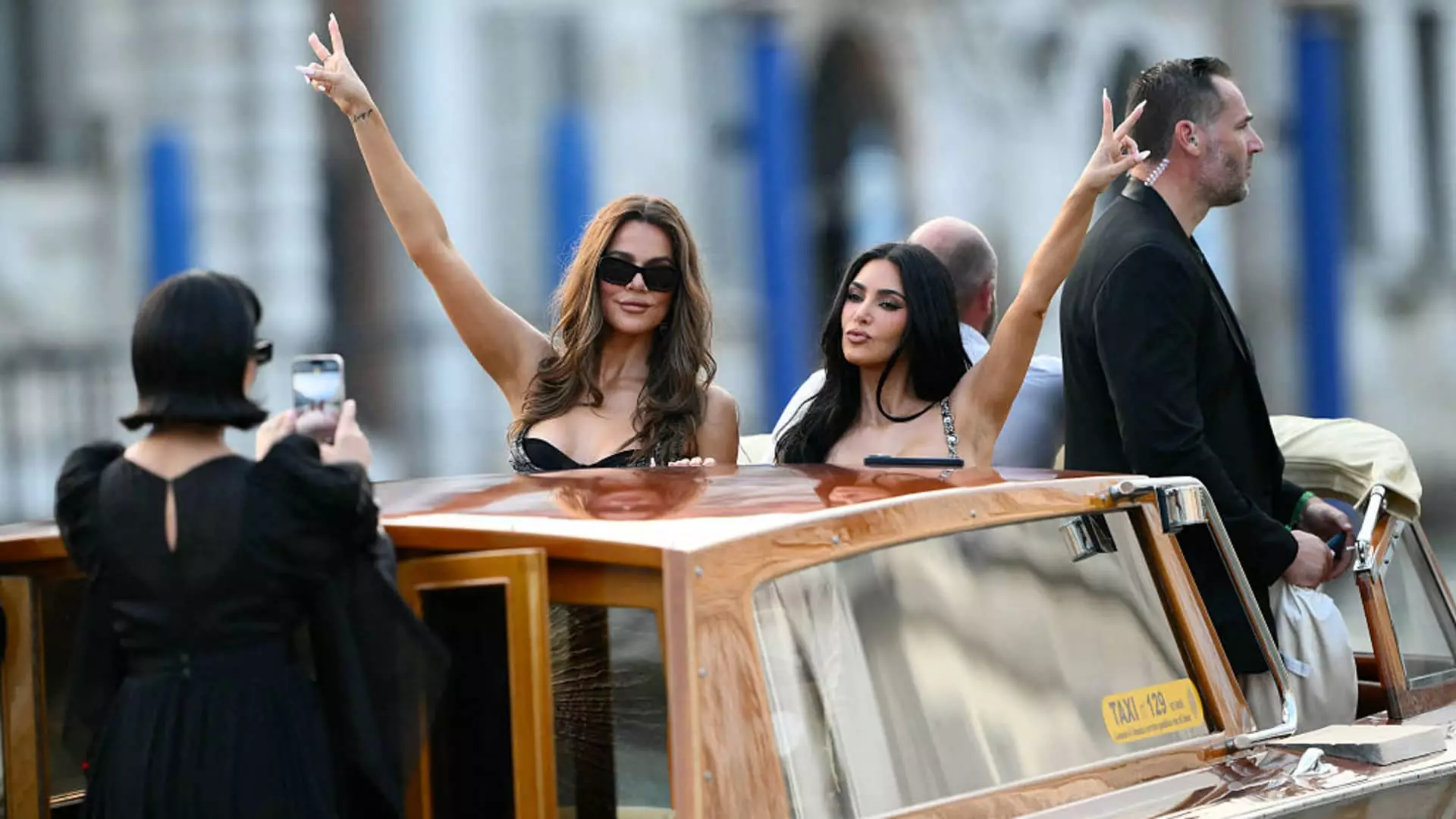The recent wedding of Jeff Bezos and Lauren Sanchez in Venice was not just a celebration of love, but a conspicuous display of staggering wealth set against the backdrop of one of the world’s most delicate cultural treasures. What transpired over several days on the Venetian lagoon was a spectacle of opulence: a multi-million-dollar, star-studded event that brought to light the tensions between the super-rich’s indulgence and the city’s ongoing struggle to maintain its historical integrity and everyday livability. While the guest list read like a who’s who of global power and celebrity — including figures like Ivanka Trump, Bill Gates, Oprah Winfrey, and Leonardo DiCaprio — the event spotlighted a deeper problem: the impact of extreme wealth on endangered urban environments.
The Cost of Celebrating Excess
Estimates for the lavish weekend hovered around an eye-watering $50 million, with festivities spread out across some of Venice’s most iconic and sensitive locations. From the private island of San Giorgio to the Arsenale complex, and the medieval cloisters of Madonna dell’Orto, the carefully curated venues had to be changed last minute due to security concerns — a telling sign of how such events disrupt the city’s daily rhythm. The extravagance extended beyond the ceremony itself; guests arrived days early via private jets, luxury yachts, and helicopters, pumping even more revenue into Venice’s elite hotel industry, which saw many prime properties fully booked for the duration. However, the huge financial infusion barely masks the underlying disruption such events cause for locals and the environment.
Venice’s Ongoing Battle with Over-Tourism
The fact that Venice was chosen as the stage for this ultra-wealthy event is not coincidental, but it is political and environmental optics gone awry. Over-tourism has pushed the city to implement a controversial entry fee for tourists, aiming to curb the daily influx of visitors who burden the city’s infrastructure and ecosystem. Despite these measures, hosting a private celebration that costs tens of millions only amplifies the disconnect between the city’s fragile reserves and the demands of the wealthy elite. The local response has been predictably negative: demonstrations and protests erupted, highlighting Venice’s residents’ frustration with being sidelined amidst the extreme luxury infiltrating their living space. This clash between the locals’ desire for preservation and the global elite’s urge for spectacle has become emblematic of a broader issue seen in heritage sites worldwide.
Philanthropy or Public Relations?
Amid criticisms, Bezos pledged donations purportedly aimed at supporting Venetian environmental causes, such as a €2 million gift to Corila, an academic consortium dedicated to protecting Venice’s lagoon ecosystem. While philanthropy is unquestionably positive, such gestures risk appearing as calculated attempts to offset the negative publicity or moral weight of hosting a party that disrupts and commodifies local culture and ecology on an unprecedented scale. Charitable giving cannot erase the footprint left by private jets, yachts, and the localized strain on infrastructure and resources. The tension between philanthropy and excess invites deeper reflection on the responsibilities billionaires bear when engaging with the communities and environments they temporarily transform into backdrops for their celebrations.
A Reflection of Global Inequality in a World Heritage Site
The Bezos-Sanchez wedding symbolically confirms the extent to which wealth operates without boundaries, utilizing globally admired sites as mere stages for private amusement. Venice, a city celebrated for its centuries of history, artistry, and architectural grandeur, is increasingly commodified by events that many argue prioritize privilege over preservation. The decision to hold such a high-security, high-cost event in a UNESCO World Heritage Site reflects a disturbing trend of prioritizing private luxury over public good. While the ultra-wealthy derive enjoyment and social validation from such grand gestures, the reverberations are felt by residents and environmentalists who see their home becoming less livable and more of a theme park.
This episode should prompt a more rigorous debate about how the world’s precious cultural landmarks are governed and protected—not just from mass tourism but from the outsized influence of extreme wealth. Venice’s identity and sustainability hang in the balance, vulnerable to the whims of the global elite’s extravagant displays. The question remains: how long until the cost of these celebrations outweighs their allure?


Leave a Reply